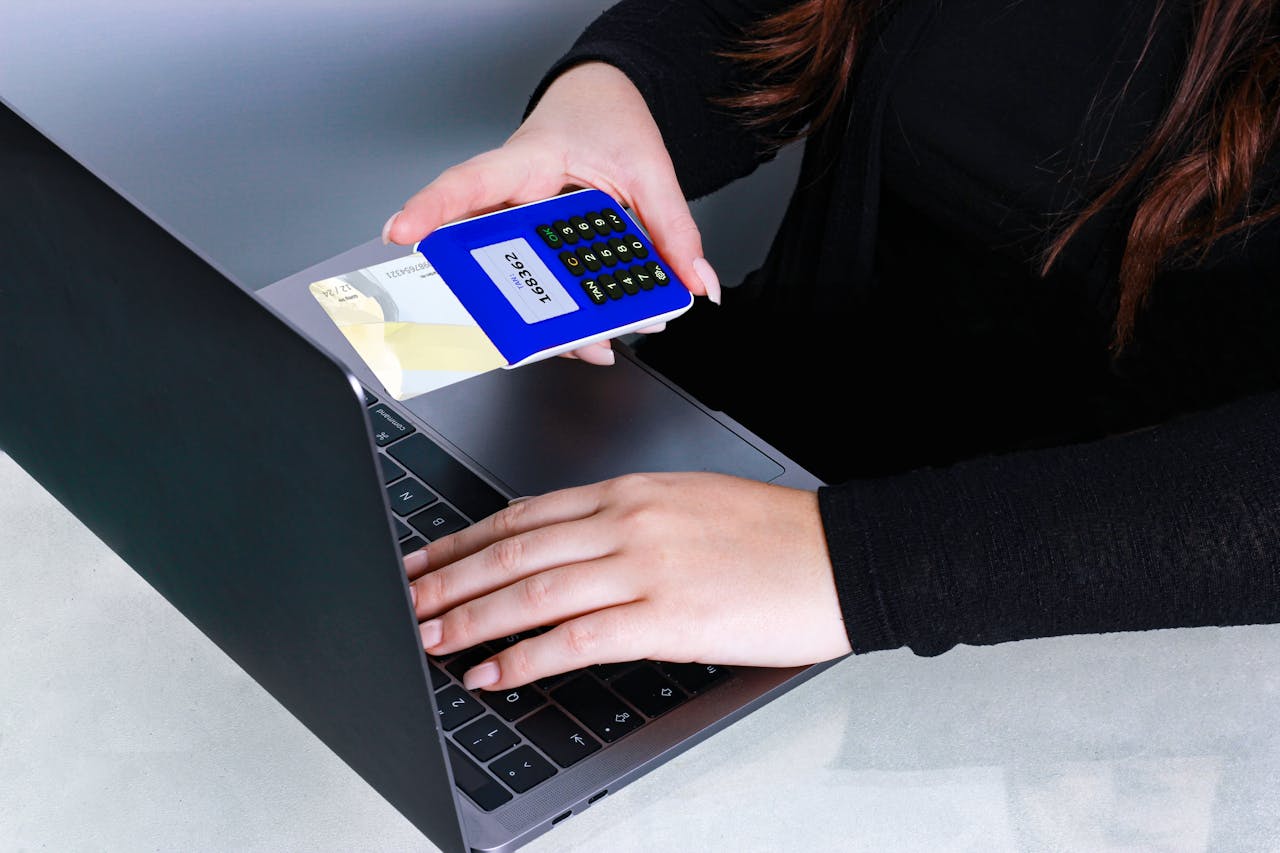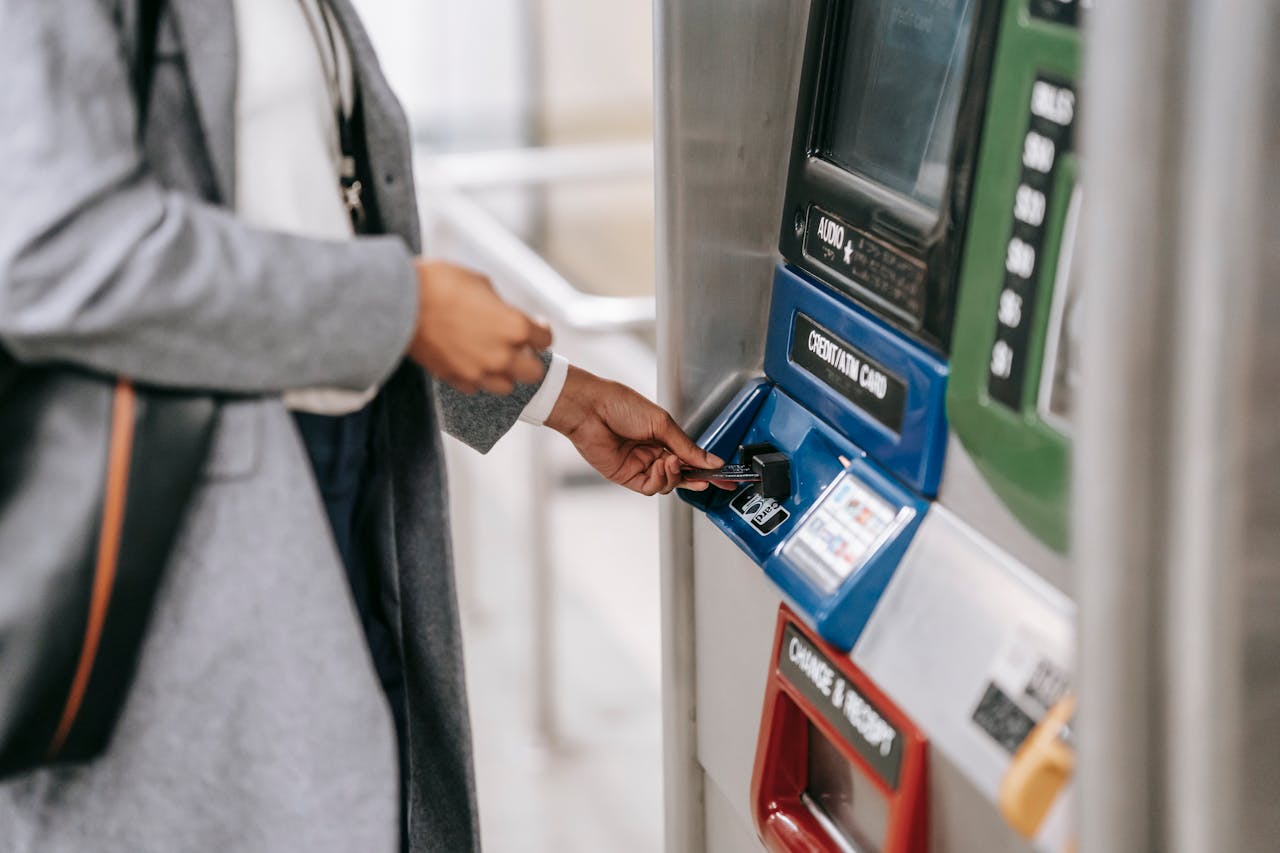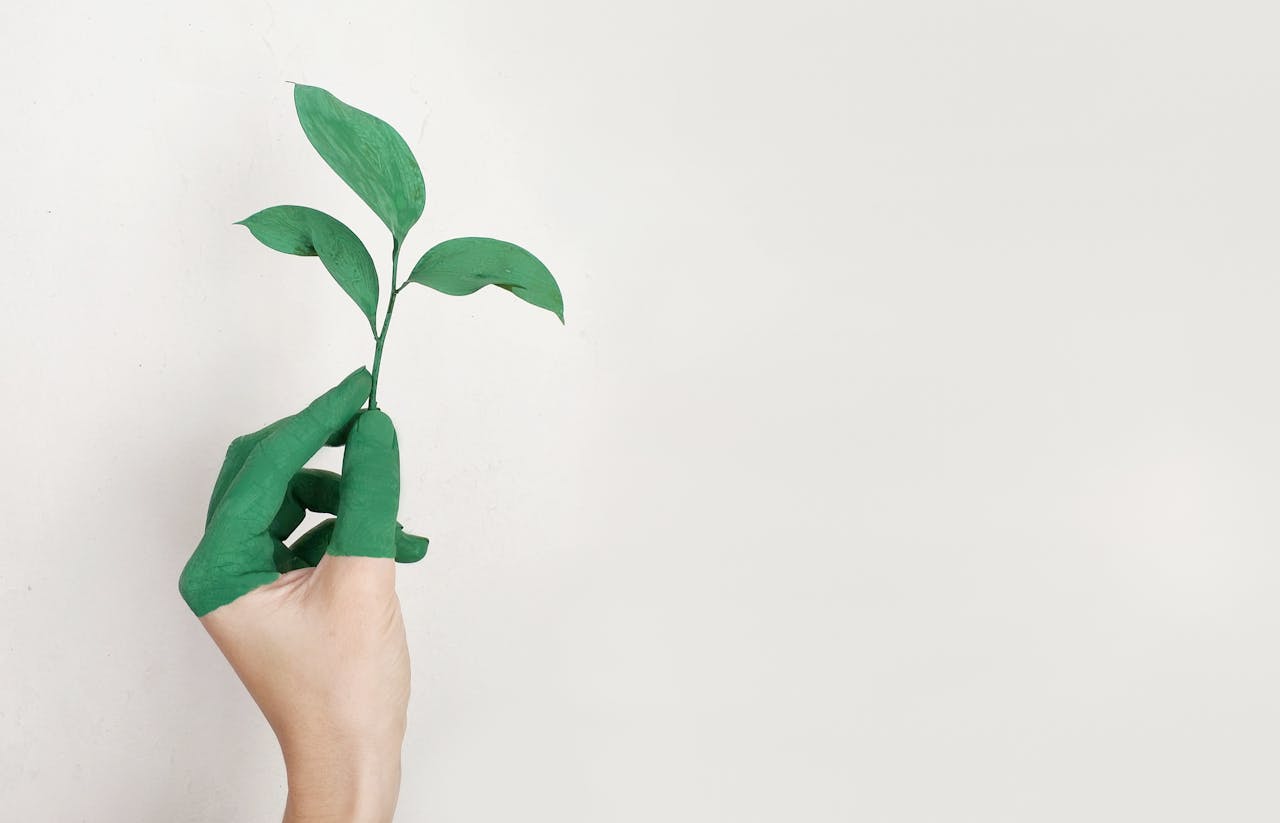


Malaysia boasts key players across various sectors, reflecting the nation's commitment to driving the halal industry's growth. In the halal food sector, QL Foods and Kawan Food have emerged as leaders, displaying impressive revenue growth rates of 43% and 28%, respectively, from 2017 to 2021. These companies leverage modern manufacturing techniques, AI, and automation to meet the increasing global demand for high-quality halal food.
Duopharma Biotech stands out as a pioneer in pharmaceuticals, exhibiting a remarkable 37% growth during the same period. With a focus on producing halal-certified medicines and healthcare products, the company has expanded internationally, emphasizing innovation through partnerships with technology companies.

dUCk, a prominent modest fashion brand under FashionValet, has achieved a substantial 36% revenue growth from 2017 to 2021. The brand's success is attributed to its e-commerce and digital marketing strategies, strategic partnerships, and a diverse product range catering to Muslim women.
Simply Siti, founded by Dato’ Siti Nurhaliza in the cosmetics sector, has established itself with a focus on halal-certified beauty products. Its collaborations with other brands and digital marketing initiatives have facilitated its expansion into new markets.

In Islamic finance, Maybank Islamic and Bank Islam Malaysia have shown significant revenue growth of 15% and 6%, respectively, from 2017 to 2021. These banks are crucial in meeting the increasing demand for Shariah-compliant banking services in Malaysia and beyond.

Indonesia's halal industry is spearheaded by key players making substantial contributions across sectors. In the halal food industry, Indofood and GarudaFood have reported growth rates of 42% and 18%, respectively, from 2017 to 2021. These companies prioritize halal certification, product innovation, and strategic partnerships to cater to the needs of Muslim consumers.
Dian Pelangi and Hijup lead the modest fashion sector in Indonesia, focusing on contemporary designs that adhere to Islamic dress codes. Embracing e-commerce and collaborations with international brands, these fashion leaders have gained local and global recognition.

Kalbe and Kimia Farma, major pharmaceutical companies in Indonesia, have exhibited remarkable growth at 110% and 30%, respectively, from 2017 to 2021. Their emphasis on halal certification, product range expansion, and promotional efforts align with the growing demand for halal healthcare products.
Wardah Cosmetics, a cosmetics brand based in Indonesia, stands out as a leader in halal cosmetics. Commitment to halal and affordable products, digital marketing, and regional expansion has strengthened its position in the market.

Bank Syariah Indonesia (BSI) is the largest Shariah-compliant lender in Islamic finance. Achieving significant revenue growth through a focus on Shariah principles and digitalization, BSI plays a key role in Indonesia's Islamic finance sector.
These key players in Southeast Asia's halal industry are meeting the needs of Muslim consumers as well as driving innovation, sustainability, and economic growth in their respective sectors. As the global halal market expands, these influential players are well-positioned to shape the industry's future trajectory.
Source of data: https://ycpsolidiance.com/white-paper/halal-industry-in-southeast-asia

Leading the Charge: Major Players in SEA’s Digital Lending Market
The fintech lending market in SEA is poised for substantial growth, including digital lending which is set to surpass digital payments as the primary revenue driver for the region's digital financial services sector by 2025, with a compound annual growth rate (CAGR) of 33%. This growth is fueled by the widespread adoption of automated loan origination processes and the seamless integration of financial services into digital platforms.

Unlocking Opportunities in the SEA Digital Financial Services Landscape
In recent years, Southeast Asia (SEA) has emerged as a hotbed for fintech innovation, transforming the financial landscape across its diverse markets. This transformation is characterized by a surge in digital financial services (DFS), revolutionizing how individuals and businesses manage their finances. However, the journey is not without its challenges, and understanding these is crucial for stakeholders aiming to navigate this rapidly evolving sector.

How SEA Startups are Navigating Funding Challenges
The startup ecosystem in Southeast Asia (SEA) has long been a vibrant hub for innovation and growth. However, recent global economic shifts and the aftermath of the COVID-19 pandemic have ushered in a new era of funding challenges.

Challenges for Sustainable Recovery in Southeast Asia
Sustainable recovery in Southeast Asia faces numerous challenges, yet also presents significant opportunities for green growth. Addressing sustainable issues is crucial for achieving a resilient and sustainable future.